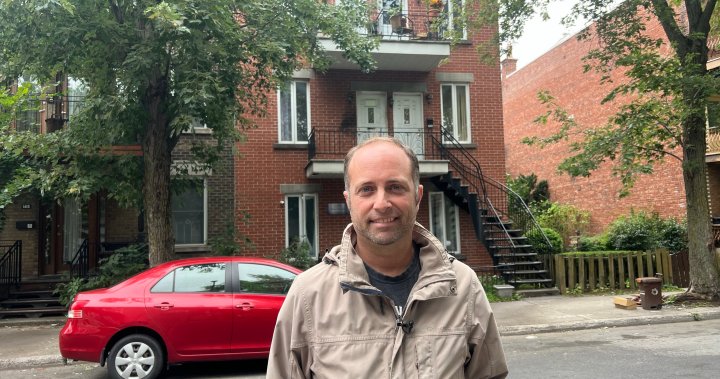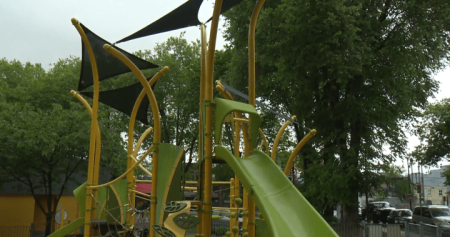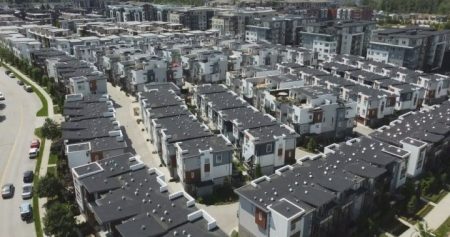A Montreal engineer and part-time professor named Francois Tardy is facing frustration with Quebec’s slow housing tribunal after a new tenant in an apartment he owns caused chaos on the streets and disturbed the neighbors. The engineer rented out an apartment in Hochelaga Maisonneuve to a new tenant in March on a one-year lease, which quickly led to complaints from other residents. Issues reported included people consuming drugs, defecating and urinating in public, howling and screaming at people, creating a disruptive environment in the neighborhood. One of Tardy’s tenants even described the situation as resembling a “crack house.”
Tardy attempted to resolve the issue by trying to evict the tenant, but found the process to be more complicated than expected. Reports to the police did not yield any criminal charges, as individuals involved were organized to carry small amounts of drugs, making it difficult for law enforcement to intervene. Despite police searching the property, they could not find sufficient evidence to press charges. The situation escalated when a Molotov cocktail hit Tardy’s building, prompting police to conduct an operation targeting a drug-selling hub on the same street. The Montreal police stated that they prioritized peace in the neighborhood and reassured residents through door-to-door visits after targeting the drug outlet.
The ongoing issues led Tardy to express his disappointment in the slow progress of his attempt to evict the disruptive tenant. He expressed frustration with the housing tribunal process, which led to a delay in the hearing until September, prolonging the situation and causing continued distress in the neighborhood. Tardy’s efforts to address the disruptive behavior were met with challenges and setbacks, including a lack of support from law enforcement and the slow bureaucratic procedures of the housing tribunal. Despite police arrests on the same street and efforts to target drug-selling hubs, Tardy continues to face difficulties in resolving the disruptive situation in his apartment building.
The engineer shared videos with Global News that depicted individuals consuming drugs in the street, highlighting the severity of the situation and the impact on the neighborhood. The proximity of an elementary school to the address raised additional concerns about the safety and well-being of residents, especially children in the area. Tardy’s attempts to address the disruptive behavior and evict the problematic tenant were met with obstacles, emphasizing the need for more efficient and effective mechanisms to deal with such situations in the future. The delays in the legal process and the challenges faced by Tardy underscore the complexities involved in dealing with disruptive tenants and ensuring the safety and security of neighborhoods.
Despite the police taking the situation seriously and conducting operations to address drug-related activity on the street, Tardy continues to face difficulties in resolving the disruptive behavior in his apartment building. The delays in the legal process, the lack of evidence to press criminal charges, and the ongoing disturbances in the neighborhood have contributed to Tardy’s frustration and concern for the well-being of his tenants and the local community. The need for a more streamlined and responsive approach to dealing with disruptive tenants and addressing illegal activities in residential areas is evident in Tardy’s experience, highlighting the challenges faced by property owners in maintaining safe and peaceful environments for their residents.















